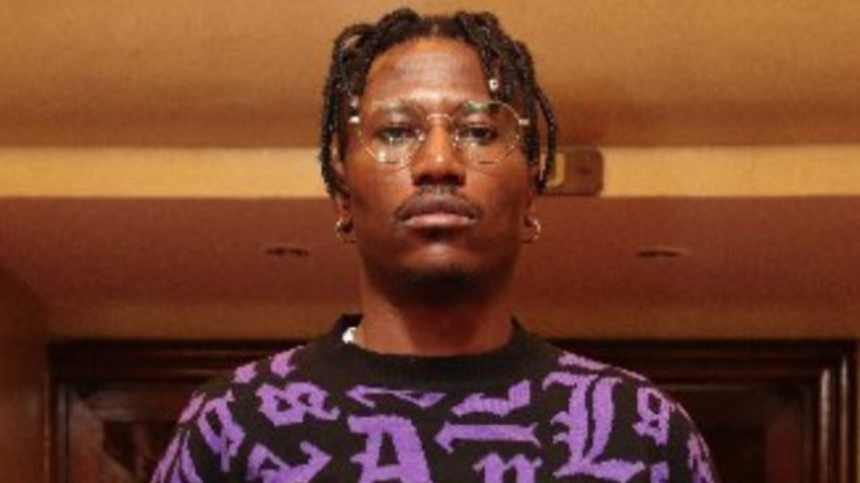ip-hop icon Octopizzo – real name Henry Ohanga – has explained why he opts to maintain a clean brand for his music by keeping his personal life separate from social media.
In contrast to some other Kenyan musicians who often share various aspects of their lives online, Octopizzo’s top priority is privacy.
“Being private gives me peace since this generation has a lot of sideshows, and after I realised that sideshows will never pay anyone, I decided to stay low-key. Many celebrities are overly focused on attaining fame to the point where they neglect the importance of generating income. They end up becoming a burden to the community due to social media pressure, which later leads to depression,” Octopizzo told Nairobi News.
The rapper expressed his desire for people to associate him primarily with his music.
“I want people to see music first when they see me and not any other thing. I approach my music with the same dedication as any other profession. Typically, I don’t work beyond 6:00 pm unless there’s a scheduled performance. I reserve studio bookings from 8 am to 6 pm. Afterward, I prioritise spending time with my family once I return home.”
Addressing the ongoing debate about the state of Kenyan music, Octopizzo asserted that good music exists but may not always receive the spotlight.
He encouraged people to differentiate between pop music, art, and commercial music.
Octopizzo explained the presence of serious singers and rappers in Kenya who focus on creating timeless pieces.
“People have not differentiated pop music, art, and commercial music. There is a difference. There are serious singers and rappers in Kenya who only do lifetime music; it’s just that they are not supported,” he said.
Also read: Rapper Octopizzo unveils ancestral museum honoring late dad
Octopizzo also attributed some challenges in the industry to a lack of support, government involvement, and professionalism among certain Kenyan musicians.
“The difference with Nigerian music is in the way the government is involved, and they treat music as a culture. In Kenya, what is on social media and the radio is 1% of what the industry is about. The support is not there, and there is also no professionalism in the music industry among some Kenyan musicians. You don’t have to be trending when you are singing. There is so much that you can do with music beyond performing and releasing songs,” Octopizzo said.



